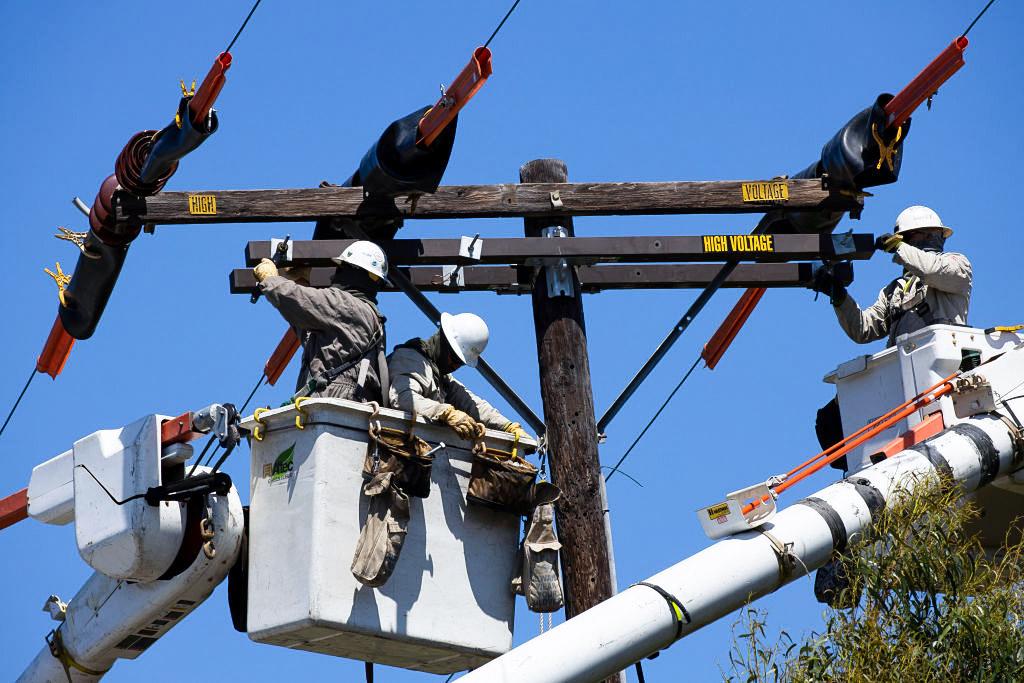The California Public Utility Commission approved a proposal on May 9 to raise fixed charges for most electricity customers to $24.15 per month, with lower charges for those enrolled in programs for low-income residents.
Customers of the state’s largest investor-owned utilities—including Pacific Gas and Electric, Southern California Edison, and San Diego Gas and Electric—will be affected by the change starting in 2025 and 2026, depending on the utility provider.





